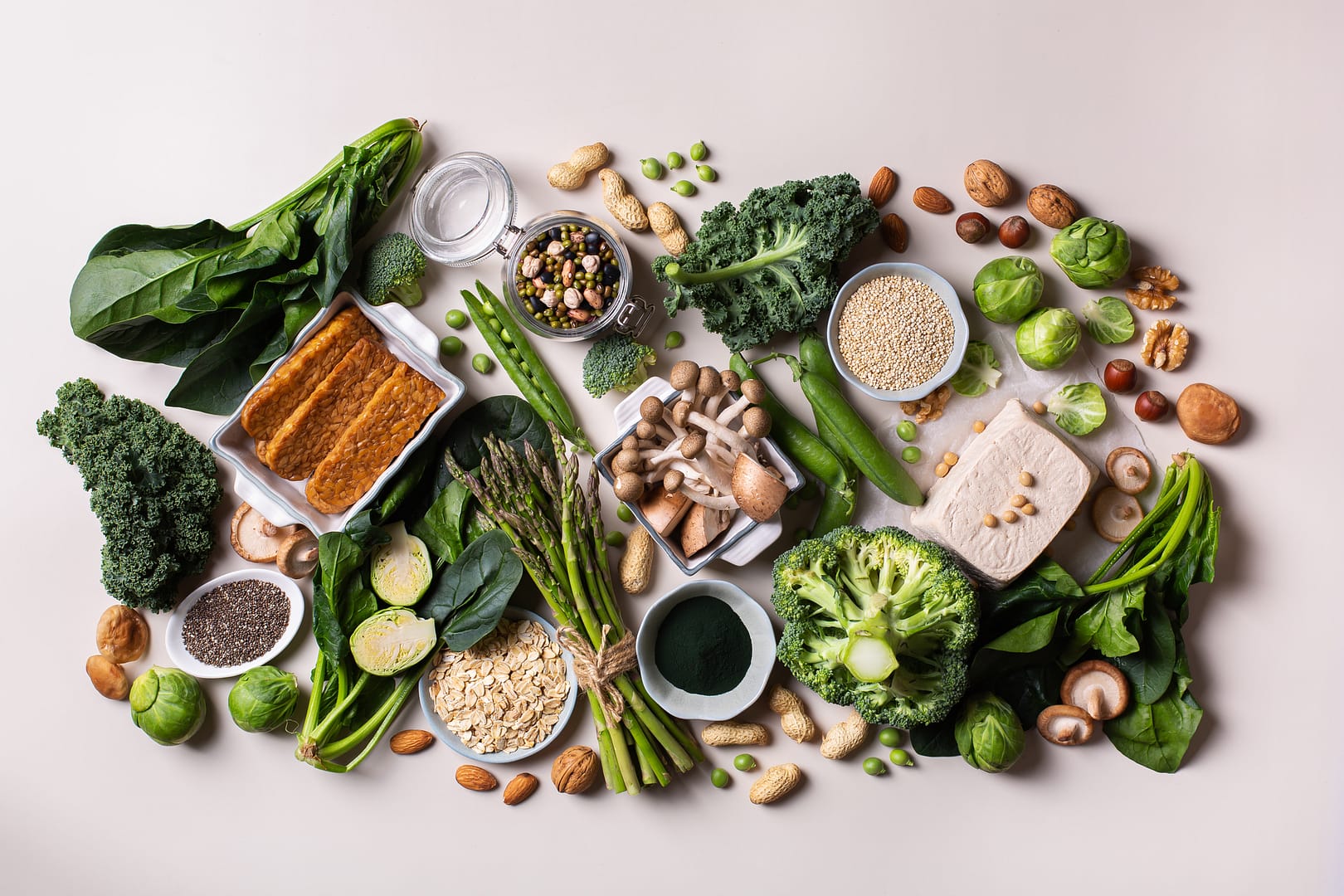The Importance of Nutrition Supplements
I can’t verify that this story is actually true, but I once heard it at a nutrition conference a number of years back.
It has been reported that someone got 10 dieticians together and instructed them (or should we say challenged them) to compose a menu of food items that if consumed in a day would meet the RDA (recommended daily allowance) for all the essential vitamins, amino acids, fatty acids, and minerals.
 Then they took each dietician’s food plan and gathered and prepared all ten menus of food. They blended each one’s foods, and analyzed all ten batches. And guess what? Not one of them met all the RDA’s. Every menu plan had nutritional gaps in it.
Then they took each dietician’s food plan and gathered and prepared all ten menus of food. They blended each one’s foods, and analyzed all ten batches. And guess what? Not one of them met all the RDA’s. Every menu plan had nutritional gaps in it.
This tells us at least 3 things:
1. The Standard American Diet (SAD) has some significant nutritional gaps in it, since even trained dieticians designing a diet that is way healthier than the SAD still couldn’t formulate a nutritionally complete menu for a day.
2. We should try and eat as much variety as we can from day to day so that a gap one day might be made up for the next day.
3. It makes sense to take some broad-spectrum nutrition supplements, because no matter how hard we try, our diet is unlikely to meet all of the optimal levels of nutrients which increases our risk of developing various ailments.
On top of that, our food today is often deficient in minerals because of our nutrient-depleted soils, and the picking of food before it’s really ripe so it can be shipped long distances.
 So even if you think you ARE eating healthy already, you may not be as much as you think. And by the way, ORGANIC foods ARE better for you, not only because they have fewer harmful chemicals on them, but also because many are higher in antioxidant content compared to their non-organic counterpart. And antioxidants in foods are ENORMOUSLY important in protecting against disorders like heart disease and cancer. Plus, they simply TASTE better.
So even if you think you ARE eating healthy already, you may not be as much as you think. And by the way, ORGANIC foods ARE better for you, not only because they have fewer harmful chemicals on them, but also because many are higher in antioxidant content compared to their non-organic counterpart. And antioxidants in foods are ENORMOUSLY important in protecting against disorders like heart disease and cancer. Plus, they simply TASTE better.
Mainstream medical doctors are divided on whether to take multivitamins. At mainstream medical conferences, I have heard advice on both ends of the spectrum. And I have to admit, that health outcomes in patients who take a multi and those who don’t have not been shown to be much different. But maybe that’s because the multivitamins that were used in these studies didn’t really have very bioavailable ingredients (not well-absorbed) or the amounts of nutrients aren’t really high enough to make a definite difference (e.g. the amount of vitamin D in most multivitamins is way below the amount needed to raise levels to an optimal serum level).
The most important nutritional supplements I think almost all of us should take are vitamin D3, fish or krill oil, a high-quality probiotic that contains Lactobacillus DDS-1 strain for (unless you already eat foods like yogurt, kefir, kimchi, fresh sauerkraut, or natto), and a high quality multiple/antioxidant formula that contains lutein and zeaxanthin (dramatically reduces risk of macular degeneration), and resveratrol (strong effect in preserving your chromosomes). There are many good companies making these and include Metagenics, Biotics Research, OrthoMolecular, and several others. These brands are available through my office, my website, and other online locations. Just remember, though, they are “supplements” not “replacements”. Think foods first!
 Dr. William Epperly, Fellow American Academy of Family Practice
Dr. William Epperly, Fellow American Academy of Family Practice
Fellow American Academy of Otolaryngic Allergy
Member of Christian Medical and Dental Society.





